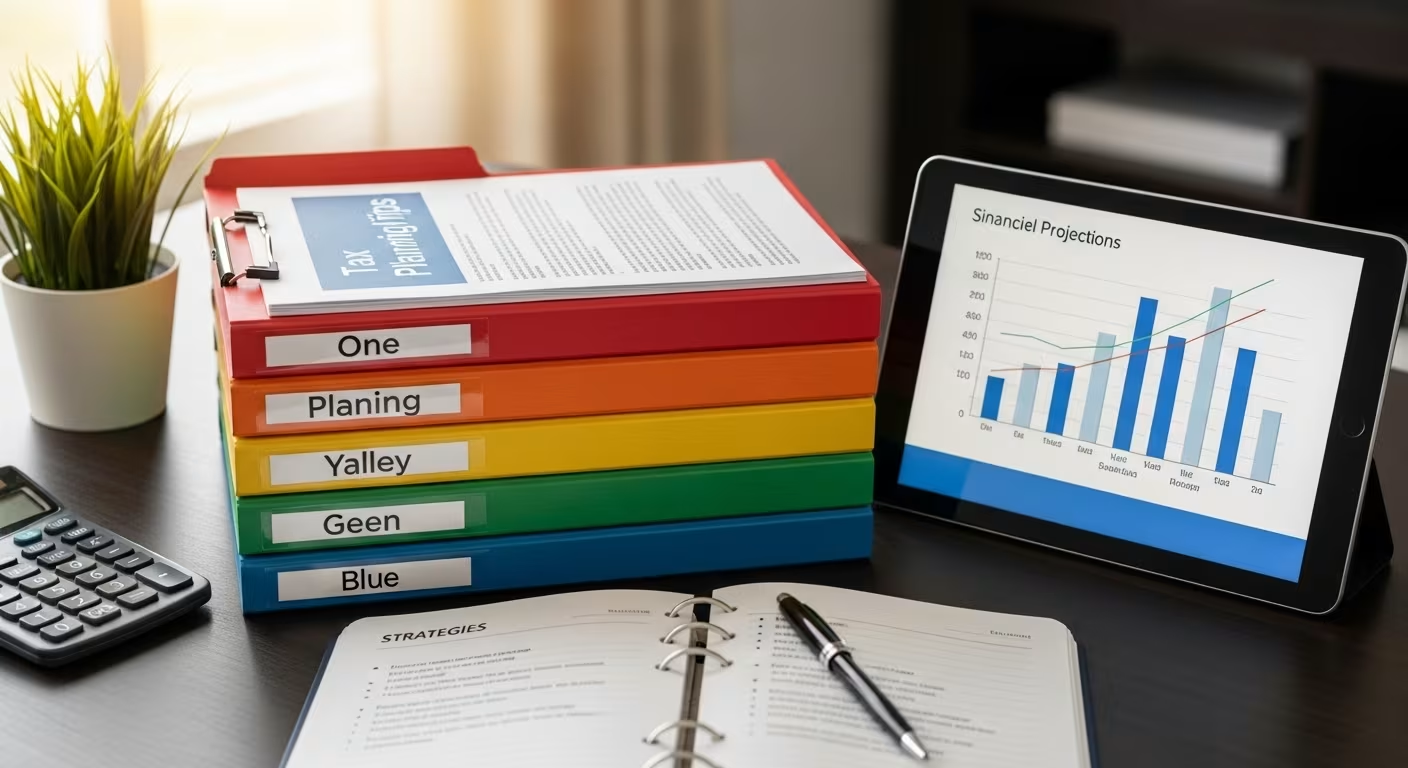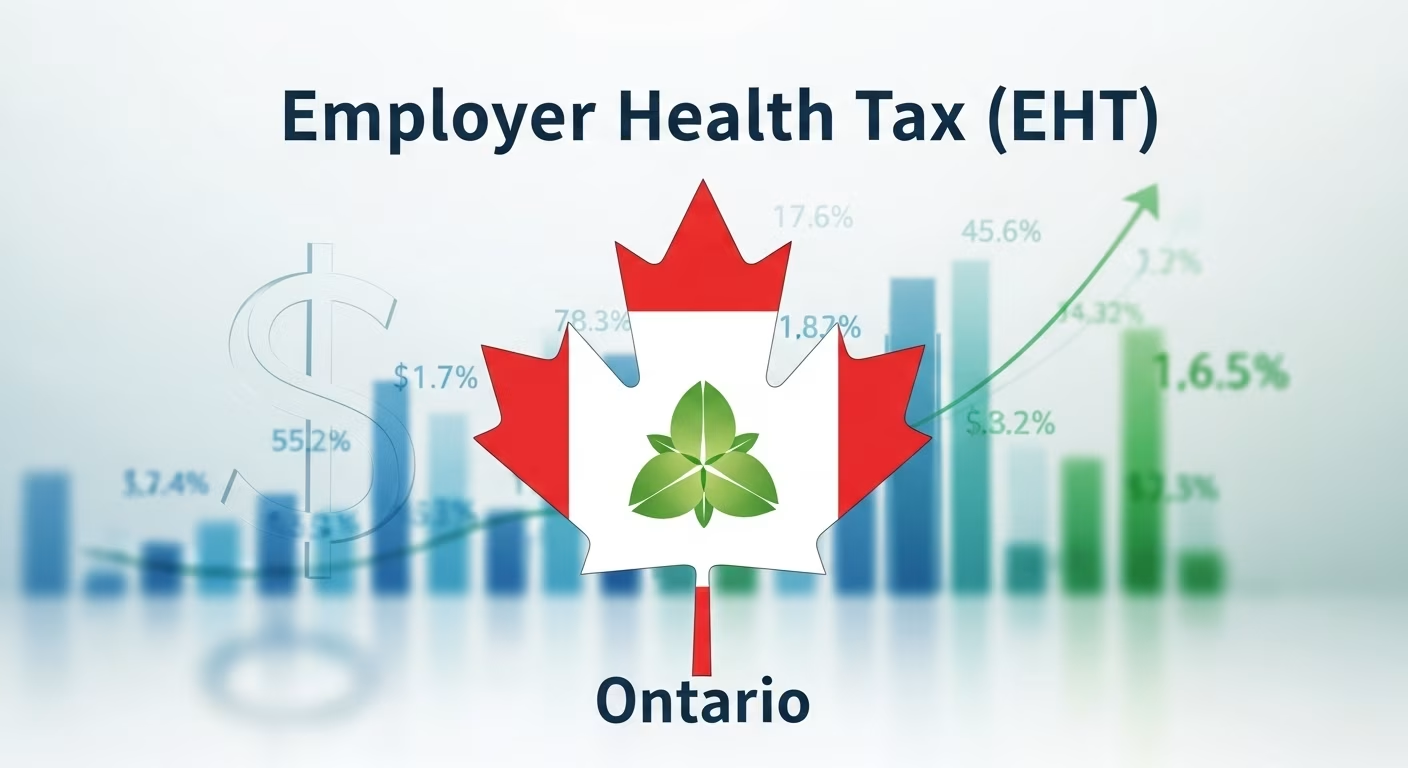If you are a non-resident of Canada or have cross-border income, you may be eligible to file a treaty-based tax return. Tax treaties between Canada and other countries aim to prevent double taxation and ensure fair tax treatment. Filing a treaty-based return requires specific documentation, and at GTA Accounting, we can assist you with this process. All you need to do is assemble the information outlined in this checklist, and we'll handle the filing for you.
What is a Treaty-Based Tax Return?
A treaty-based tax return is filed by taxpayers who wish to claim benefits under Canada's tax treaty with another country. These treaties generally apply to individuals and entities that earn income from Canadian sources while residing in a treaty partner country. The return allows eligible taxpayers to reduce or eliminate Canadian tax on certain types of income, such as:
- Dividends
- Interest
- Royalties
- Pensions
- Business profits
For more information on tax treaties, visit the CRA's International Tax Treaties page.
Checklist for Filing a Treaty-Based Tax Return
Here's a comprehensive list of the information and documents you need to provide us to file a treaty-based tax return:
Proof of Residency in a Treaty Country
You must prove you are a treaty partner country resident to claim treaty benefits. The CRA generally requires a Certificate of Residency from your home country's tax authority. This certificate must:
- Confirm your residency status.
- Be issued by your country's tax authority.
- Cover the relevant tax year(s).
For more information, check the CRA's guidelines on residency for tax purposes.
Social Insurance Number (SIN) or Individual Tax Number (ITN)
Include a Social Insurance Number (SIN) or an Individual Tax Number (ITN) from Canada in your documentation. If you don't have one, you may need to apply for an ITN before filing your treaty-based return.
You can apply for an ITN using Form T1261.
T-Slips and Income Documents
Provide any T-slips or income documents you received for the tax year. These slips detail the type of income earned and any tax withheld at source. Common forms include:
- T5: Statement of Investment Income
- T4A: Statement of Pension, Retirement, Annuity, and Other Income
- NR4: Statement of Amounts Paid or Credited to Non-Residents of Canada
These documents are crucial for determining which treaty provisions apply and calculating your potential tax relief.
Details of Income Earned
To accurately complete your treaty-based return, provide detailed information about the income earned from Canadian sources, such as:
- The type of income (e.g., dividends, interest, royalties)
- The total amount of income received
- Any tax withheld at the source
- The Canadian entity or source of the income (e.g., a Canadian employer, bank, or investment)
Accurate details ensure proper application of treaty benefits and accurate tax calculation.
Foreign Tax Credits or Relief Claimed
If you have already claimed tax relief in your home country for income earned from Canadian sources, provide the following:
- The amount of foreign tax credits or relief claimed
- Documentation supporting the foreign tax credits, such as tax returns filed in your home country
- Statements or certificates issued by foreign tax authorities confirming the relief
This information ensures no double claim of tax relief under the treaty.
Relevant Treaty Article and Tax Relief Claimed
Identify which article of the tax treaty you are claiming benefits under. Provide details on the specific treaty provision that applies to your situation and how you qualify for the tax relief. Examples include:
- Reduced withholding tax rates on dividends, interest, or royalties
- Exemption from tax on specific types of income, such as pensions
- Relief on business profits earned through a permanent establishment in Canada
Providing this information helps us accurately complete your treaty-based tax return.
Personal Identification Documents
Provide a copy of your passport, national ID, or government-issued identification. This ensures that your identity matches the residency certificate and other documentation submitted.
Authorization to Represent (Form T1013)
If you wish GTA Accounting to represent you with the CRA for filing your treaty-based tax return, you must complete Form T1013. This authorizes us to communicate directly with the CRA on your behalf, streamlining the process and ensuring compliance.
How GTA Accounting Helps You File a Treaty-Based Tax Return
Filing a treaty-based tax return can be complex due to the specific documentation and detailed requirements. At GTA Accounting, we ensure that:
- Your eligibility for treaty benefits is accurately assessed.
- The correct treaty provisions are applied to minimize your Canadian tax liability.
- All necessary documents are gathered, completed, and submitted to the CRA.
Why Filing a Treaty-Based Tax Return is Beneficial
Claiming treaty benefits can significantly reduce the Canadian tax burden and ensure you comply with international tax laws. Whether receiving dividends, interest, or pensions from Canada, filing a treaty-based return allows you to leverage Canada's tax treaties to your advantage. Don't miss out on these potential savings and legal compliance.
Conclusion
Once you've assembled the proper documents and information, the next step is to submit them to GTA Accounting. We will review your documents, assess your eligibility for treaty benefits, and prepare your treaty-based tax return. After your approval, we will submit the return to the CRA on your behalf. This process ensures that GTA Accounting has everything needed to file your return accurately and efficiently. Let us take the stress out of the filing process and help you claim the treaty benefits to which you're entitled.









